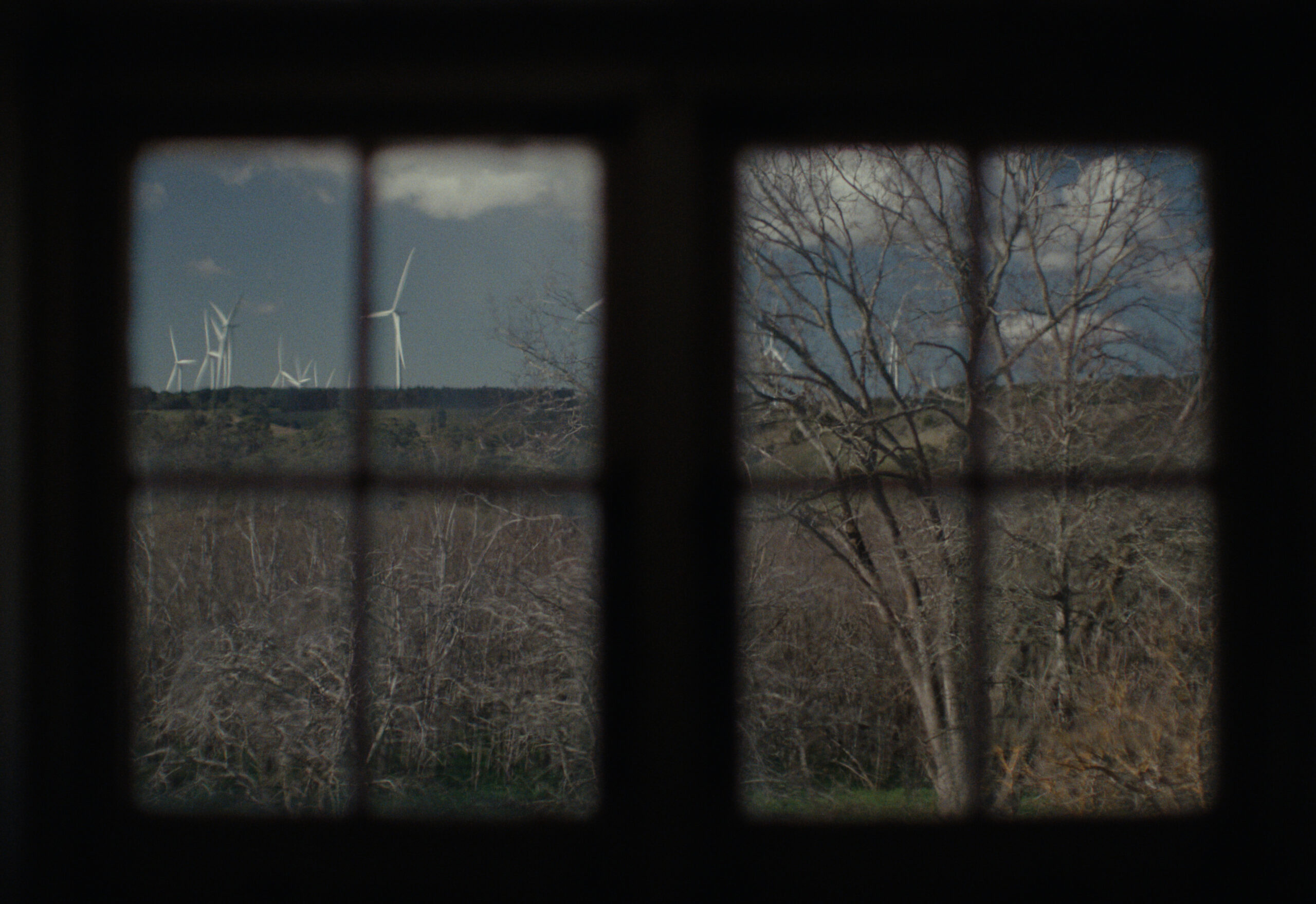Content warning: This article mentions domestic violence, sexual violence, mental health issues, substance abuse and other topics that might be triggering for some readers.
Short films in so-called Australia have been gaining traction over the last couple of years in conjunction with the screen industry down under.
Festivals including Melbourne International Film Festival (MIFF), Sydney Film Festival and St. Kilda Film Festival all play a role in launching the careers of home-grown talent before or as they’re taking on the world stage.
This year, MIFF included a screening of ‘Australian shorts’ that included six new films all under 20 minutes long, bringing the entire session to less than 90 minutes in length.
Don’t let their short duration fool you, these films pack a bigger punch than you bargain for in the best way possible!
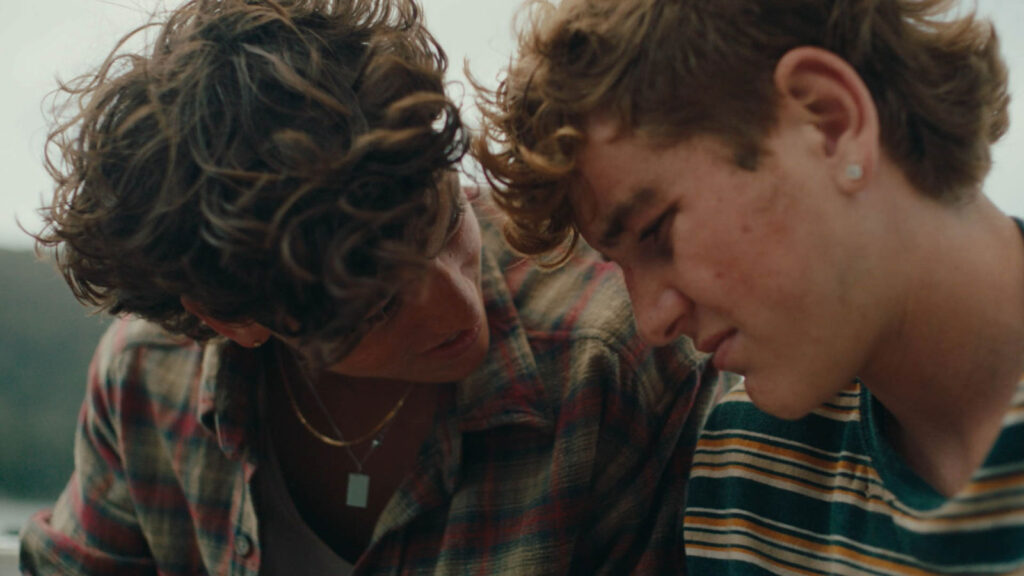
Coming in hot at a breezy 15-minute run time, Yakka, directed by Jack Shepherd draws on the experience of domestic violence and toxic masculinity in society and the way this is mirrored through the predation of fish.
Yakka is a profound coming-of-age story that features two teenage brothers, Luke and Riley, whose cheeky mischief and rule-breaking behaviour comments on deep-rooted patriarchal expectations that men are tough, unafraid and at no point, ever allowed to show moments of weakness.
Tension points are established throughout the film as the two leads come at odds with one another while catching yakka fish to use as bait to catch kingies. The film’s heavy material is balanced by a gentle flow of the story, the score that underpins critical moments and the construction of the plot through overt and subtle symbolism.
The difference between the boys comes to a head at the end of the film when audiences realise the way Luke has treated Riley is a direct link and recreation of the system that perpetuates these harmful stereotypes in young men.
Yakka speaks to a Western, post #MeToo audience, calling everyone to the table to break the cycles of abuse and shift ideologies. It reminds everyone that young eyes are watchful of everything around them, including the way the adults in their life behave and the beliefs parents intrinsically instil in their children whether consciously or not.
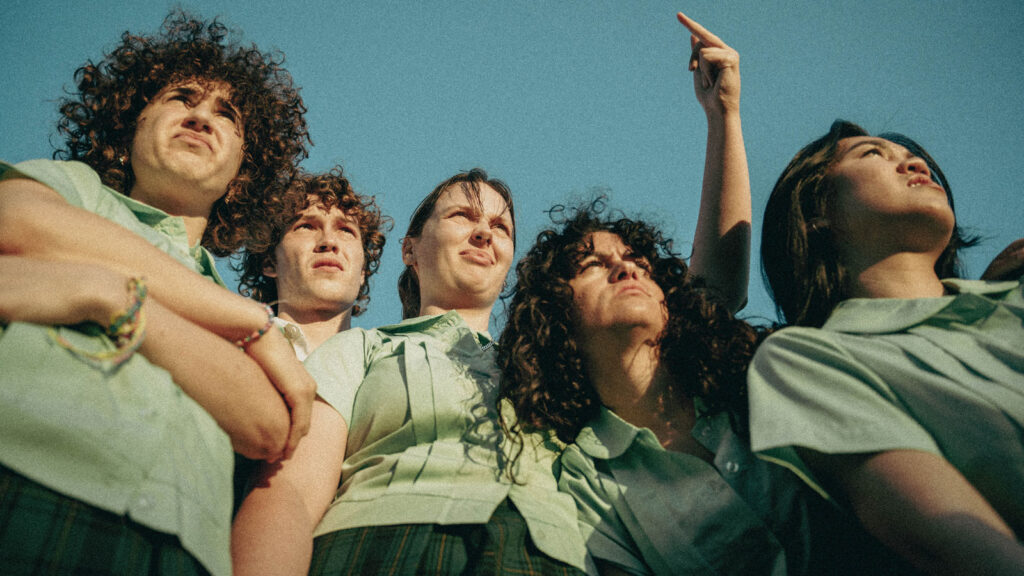
From toxic masculinity and the violence largely accepted in society, Oi, directed by Sophie Serisier, picks up where Yakka left off in an unabashedly Australian short film that draws a big red circle around trauma and schoolyard drama.
Oi explores the “turbulent” teen ‘Jassie’ and the journey she undertakes in navigating her identity following a traumatic sexual experience with one of her peers.
Jassie is initially depicted as one of the cool, frivolous, popular girls at school, but from the outset, there’s a sense of underlying internal tension as she and her peers chart the waters of sexuality as an intrinsic part of adolescence.
Despite Jassie’s blasé attitude towards sex and flippant conversations about sexual activity in a heteronormative context, it becomes more apparent as the film progresses that closeted queerness is a constant undercurrent as she grapples with both an attraction to her neighbour and the watchful eyes of her peers.
At times, this film and the characters feel a little bit stereotypical and underbaked. The storyline and messaging that this film provides dialogue about is important, but the characters felt a little shallow with their behaviour feeling a bit oversaturated. The best example of this is when Jassie’s character is eating an icy pole and exaggerates licking and sucking it as a visual euphemism for oral sex in a scene that might have otherwise not needed it.
In any case, Oi provides commentary on adolescent sexuality, the volatility of emotions and conflict that has been similarly explored in Australian and international television shows such as Puberty Blues and Sex Education. This film serves as a reminder that the ‘perfect victim’ doesn’t exist and that conversations around sex and sexual violence must make room for these nuances.
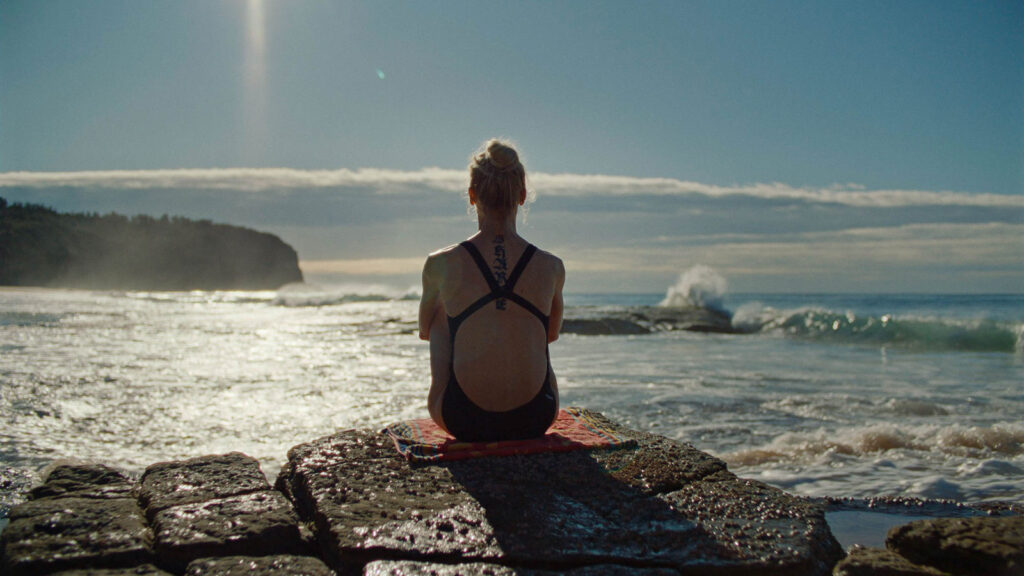
Riley Blakeway’s A Thousand Odd Days follows with a story rooted in raw emotion and personal experience through the lens of a mother-son relationship marred with remnants of her addiction and mental illness.
The complex nature of the intersections between recovery, addiction, and poverty leads to the realisation that deluded ideas of gratitude add fuel to the fire as Lu struggles to make sense of his mother’s lifestyle.
Lu and Lin’s relationship is pocked with bullet holes from past trauma and abuse, leaving the question as to whether it is worth Lu staying to watch his mother retread the cycle she finds herself in.
A Thousand Odd Days is gripping in its narration and provides necessary insight into why people walk away and become estranged from their blood relatives as they hit breaking points despite feeling a whirlwind mixture of immense empathy and helplessness.
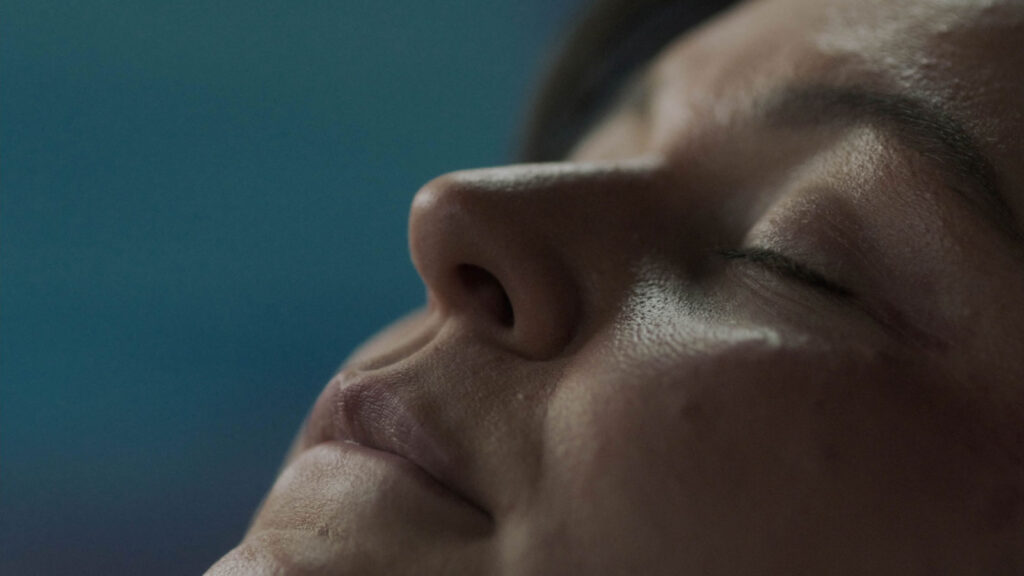
Leaning more into the mother-child dynamic, You Are My Tomorrow directed by MIFF Accelerator Lab alumnus Lara Köse, examines the way co-dependency manifests between Esra, played by Melissa Kahraman, and her mother Nermin, played by Ayşe Altunkılıç.
You Are My Tomorrow puts a magnifying glass on inter-generational trauma precipitated by fears based on racist encounters after migration and how this intersection strains key relationships in life.
In this film, Esra is an artist preparing for a gallery exhibit and just before the opening, receives a call from her mother’s doctor’s clinic. From the outset, a brooding tension is built through the score, character interactions and the shots used.
When first introduced to Esra’s mum, it is clear she is in an emotionally vulnerable state and is mentally unstable. In her own tongue, she frequently threatens to call an ambulance and tells Esra the doctor is going to kill her and that he is not listening to her; a signifier of her distrust yet dependency on others.
This film creates anticipation through close-up shots and the build-up before Esra snaps and locks her mother in the car. This scene in the cinema context warranted audible “oh nos” to ripple through the audience as it became clear this was a pivotal clue as to what would happen next.
You Are My Tomorrow finishes with a tender moment of reconciliation and empathy between the two leads followed by the sounds of wailing sirens, a humorous tinge; Nermin did call the ambulance this time.
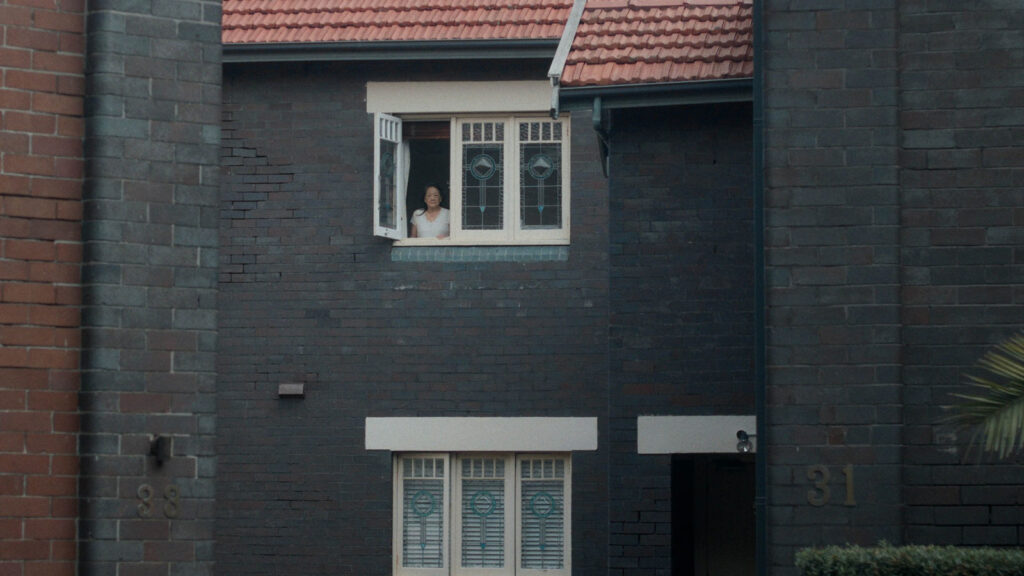
Taking the penultimate spot in the Australian Short series is Lionel Seah’s Withered Blossoms, a gentle Chinese-Australian film starring Stella Ye as twenty-something-year-old Zoe and Rachel Young as her grandmother.
The title comes from the flowers Zoe brings her grandmother, but as a secondary, symbolises the passing of time and the fleeting nature of human relationships and interactions.
This touching story sees Zoe try to conceal the breakup of her long-term relationship with her partner Alex from her grandmother. Withered Blossoms finds moments of mild humour as Zoe and her grandmother go about their day and it is revealed that perhaps her grandmother is more in touch with what is happening than Zoe might have initially anticipated.
The flow of this story is spurred on through scoreless scenes that weave together a slight push-and-pull magnetism between the leads. Compositionally, this film established context and characters effortlessly, making it no surprise it was selected for Cannes.
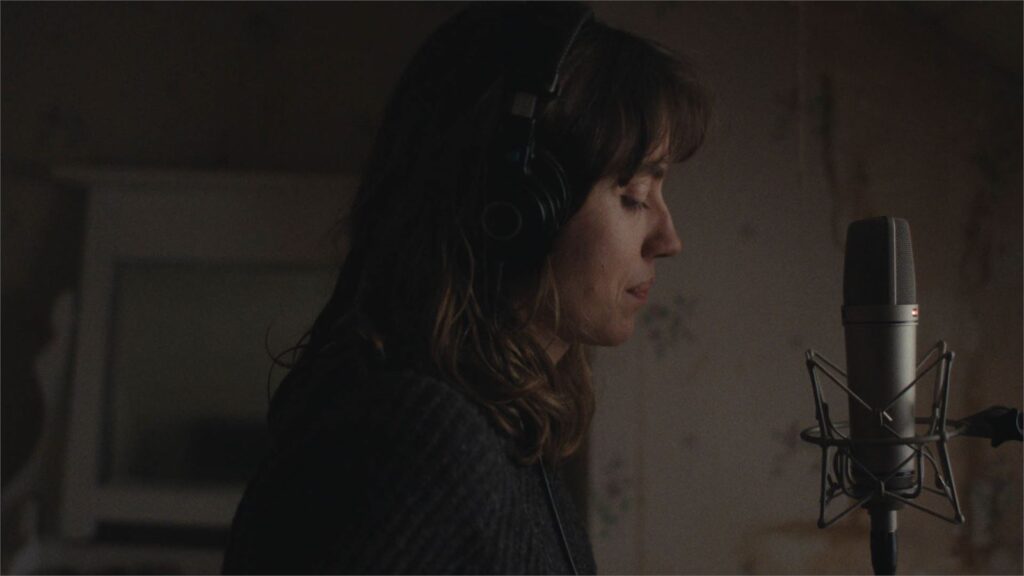
Rounding off Australian Shorts was the thrilling short, Analog Medium, directed by Tom Campbell clocking in at 18 minutes and the longest run-time.
Starring Phoebe Lou (also known as Phoebe Go), an Australian musician as ‘Polly’ and Sean Keenan as ‘Marty’, Analog Medium tells the story of a musical couple who retreat to a rural house to record music using the vintage reel-to-reel recording medium.
This film blended elements of multiple film genres including horror, thriller and drama in a way that left audiences hanging on the edge of their seat wanting more and wondering whether there was a supernatural element at play.
Most notable in this film is the composition, foley and thrumming everpresent score which adds to the plot and forms the basis of the relationship of the lead characters to each other.
As the storyline progresses, it is clear there is a slight sullen tension between Polly and Marty characterised by a lack of communication and listening to one another. The helplessness and vulnerability that Polly feels as she rewinds the tapes over and over again to hear a mysterious noise that Marty can’t hear is palpable in her rash urgency to get to the bottom of it.
This film felt at times like it dragged a bit and was visually sometimes difficult to watch due to darkness, but those frustrations were overturned by the desire for closure.
Support is available.
If the content of this article has brought anything up for you, please reach out for help.
Lifeline: 13 11 14
MensLine: 1300 78 99 78
QLife: 1800 184 527
1800RESPECT: 1800 737 732
In an emergency, always call 000.
By Louis Harrison
Header image courtesy of Common State Media, still from Analog Medium

